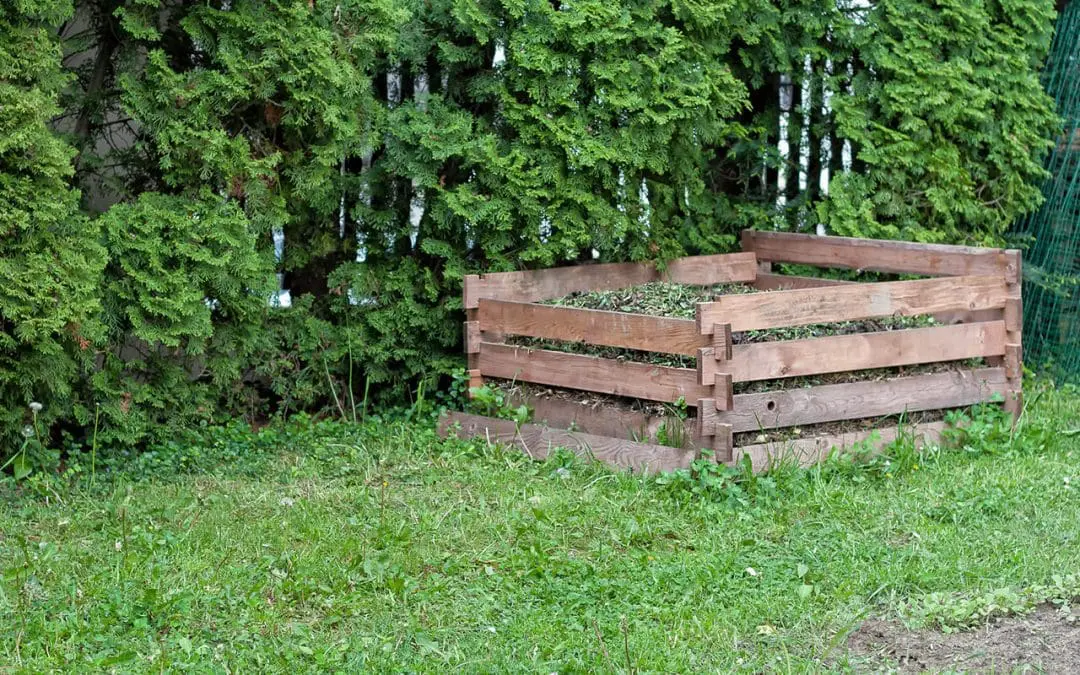Composting at home is an excellent way to reduce waste and create nutrient-rich soil for your garden. It’s a natural process that transforms organic waste into valuable compost, which can enhance soil health and support plant growth. If you’re new to composting or looking to improve your current system, this guide will walk you through the basics and provide tips for successful composting at home.
What is Composting?
Composting is the decomposition of organic materials into a dark, crumbly substance called compost. This process occurs through the activity of microorganisms such as bacteria, fungi, and insects that break down the materials. Compost enriches the soil, helps retain moisture, and reduces the need for chemical fertilizers. It also helps divert organic waste from landfills, making it an eco-friendly practice.
Choosing the Right Method for Composting at Home
There are several methods for composting at home, each suited to different needs and space constraints. The most common methods include:
- Outdoor Composting Bins: These enclosed bins, which come in various sizes and materials, including plastic and wood, are designed to keep compost materials contained while allowing air circulation.
- Compost Tumblers: These rotating bins allow for easy mixing of compost materials. Tumblers can speed up the composting process by providing better aeration.
- Worm Composting (Vermicomposting): This method uses worms, typically red wigglers, to break down organic waste. It’s ideal for small spaces and can be done indoors.
What Can You Compost?
Knowing what materials are suitable for composting is essential to creating quality compost. Organic materials such as fruit and vegetable scraps, coffee grounds, eggshells, and yard waste like leaves and grass clippings are excellent choices. Avoid composting meat, dairy, and oily foods, as these can attract pests and create unpleasant odors.
Composting at Home: Building Your Compost Pile
When building your compost pile, aim for a balanced mix of green (nitrogen-rich) and brown (carbon-rich) materials. Green materials include items like vegetable scraps and coffee grounds, while brown materials consist of dried leaves and cardboard. Start by layering these materials, ensuring good airflow throughout the pile to promote decomposition.
Maintaining Your Compost
Proper maintenance is crucial for a successful composting process. Regularly turning the compost pile helps aerate it and speeds up decomposition. Monitor the moisture level, aiming for a damp sponge-like consistency. If the compost becomes too dry, add water; if it’s too wet, add more brown materials to balance it out.
Troubleshooting Common Issues When Composting at Home
Even with careful management, you may encounter issues with your compost pile. If your compost smells foul, it could be due to excess moisture or an imbalance of materials. Adding more brown materials and turning the pile can help rectify this. If the composting process seems slow, adjust moisture levels and aeration.
Using Finished Compost
When your compost is ready, it should be dark, crumbly, and have an earthy smell. Use it to enrich your garden soil, improve plant growth, or as a top dressing for potted plants. Compost can also be used in vegetable and flower beds to enhance soil structure and fertility.
Composting at home is a rewarding practice that benefits the environment and your garden. By understanding the basics and following best practices, you can turn kitchen scraps and yard waste into valuable compost. Start your composting journey today and enjoy the fruits of your eco-friendly efforts.
Home Inspectors of Middle Tennessee offers home inspection services to customers in Nashville, TN. Contact us to request an appointment.

